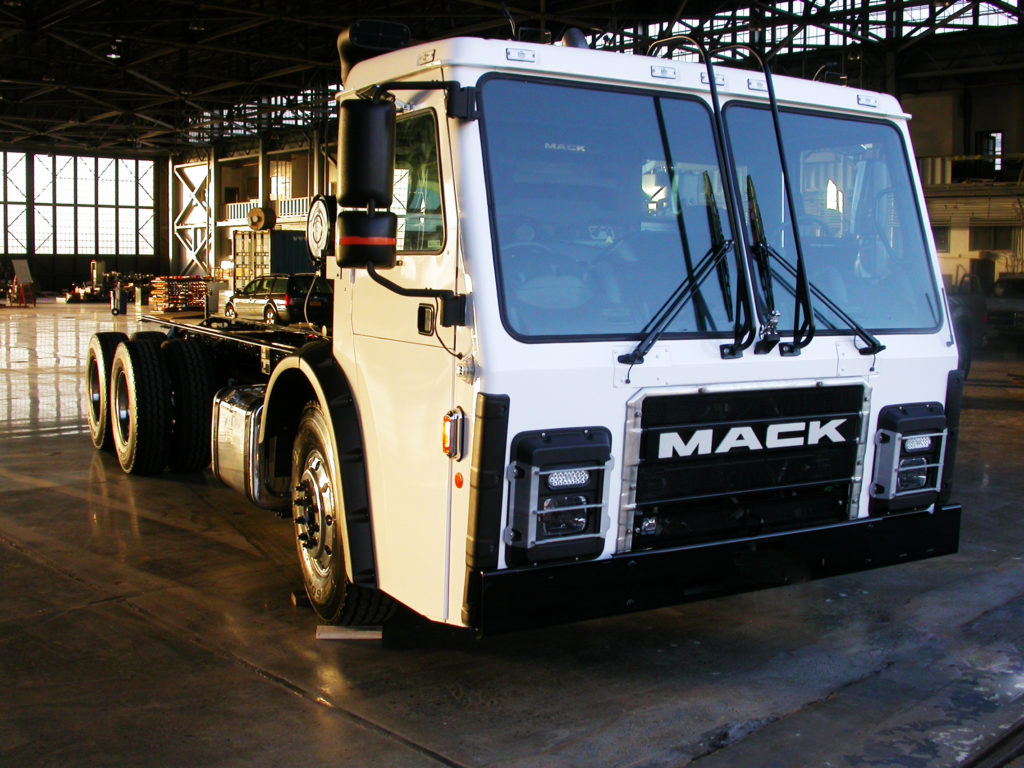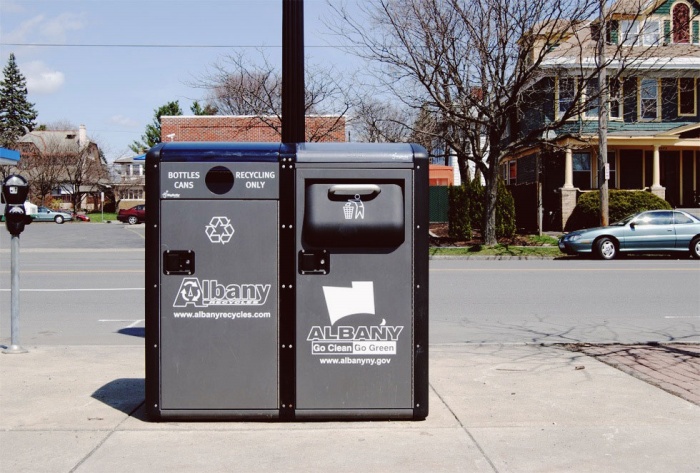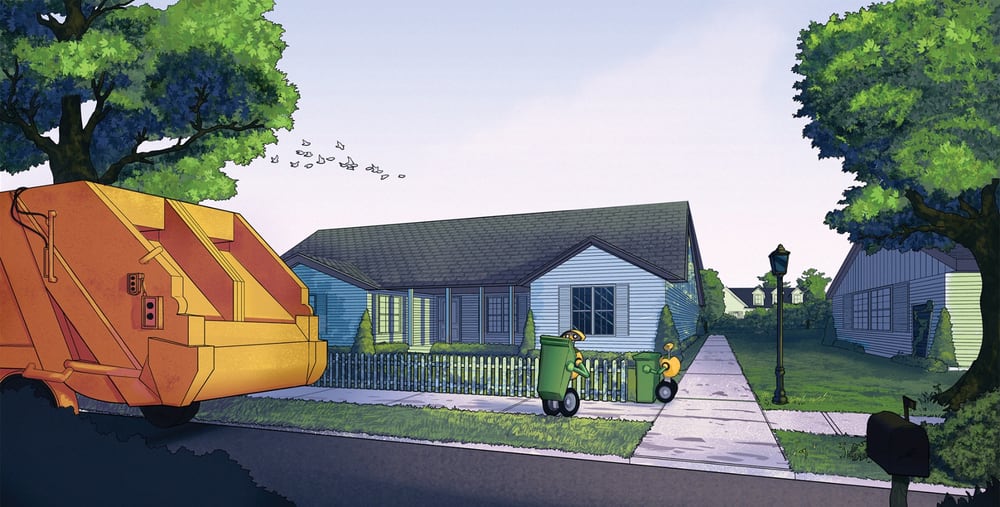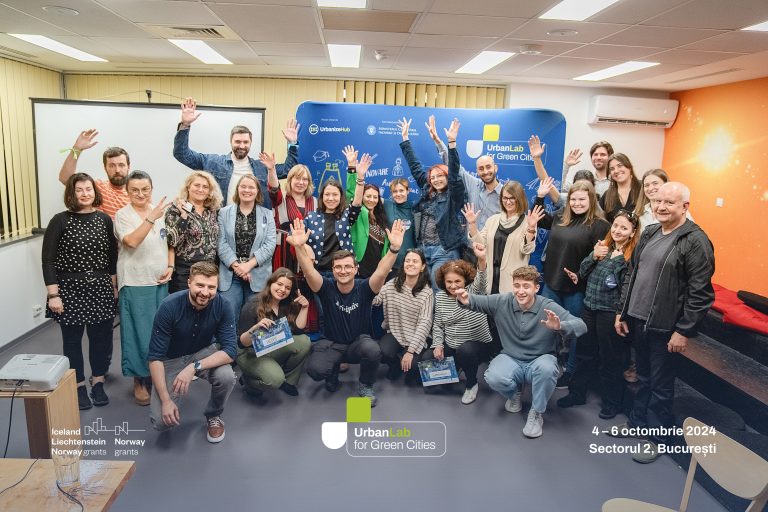Waste management is becoming a global issue, with major urban metropolises requiring more effective waste collection and processing services. In the United States alone, 230 million tons of garbage are produced annually, equaling 4.6 pounds of waste per person daily.
Managing municipal solid waste (MSW) efficiently and adequately is essential for any community, and it leaves plenty of room for innovation. MSW is big business: communities and businesses strive to minimize consumption and engage in more effective waste recovery. This is done through the development of smart waste technologies. These innovative projects signify an evolving garbage collection industry that aims to reduce waste and collection fees through the addition of emerging technologies to the collection process.
Electric Garbage Trucks

The adoption of electric vehicles is steadily rising, with manufacturers like Tesla leading the way as more and more electric cars crowd the automobile market due to increased production. Its therefore unsurprising that Tesla co-founder Ian Wright applied this technology technology to garbage trucks. The resulting trucks are efficient, quiet, and in and of themselves reduce wasteful byproduct by receiving power from battery packs as well as sporting electric drive trains. Replacing traditional garbage trucks with electric ones would reduce fuel consumption 67 percent and vehicle maintenance costs by roughly $25,000 each year.
IoT Integration and “Smart” Garbage Cans

Smart Garbage cans utilize sensors that measure how full garbage cans are, in order to inform local waste management services of which cans to empty and which to leave alone. As a result, encountering empty containers is no longer an issue with these sensors installed, saving time and fuel, as waste managers can modify garbage truck routes accordingly.
Trash Collecting Robots
Volvo’s robots will quietly pick up and empty your garbage bin

Automated garbage collection robots can be expected in the near future, contributing to the creation of an even more efficient waste management system. Volvo and several partners launched a project titled “Robot-based Autonomous Refuse handling,” or ROAR to develop these robots.
RFID Tags in Garbage Collection
In order to reduce waste, RFID tags have been introduced in numerous communities to provide residents with a pay-as-you-throw garbage collection fee. Unlike a flat monthly fee, residents are charged each time a bin is emptied, separating out the costs of recycling from garbage disposal.
Advancing the waste management industry by infusing modern technology into the transportation and storage of refuse trims down resource costs, and contributes to creating more sustainable urban environments.
By automating the process, and introducing renewable energy as a means of powering said technologies, time and money will be saved on top of reducing wasteful emissions. Optimizing the process through the integration of these projects and others alike will ultimately make the waste management industry less wasteful.







